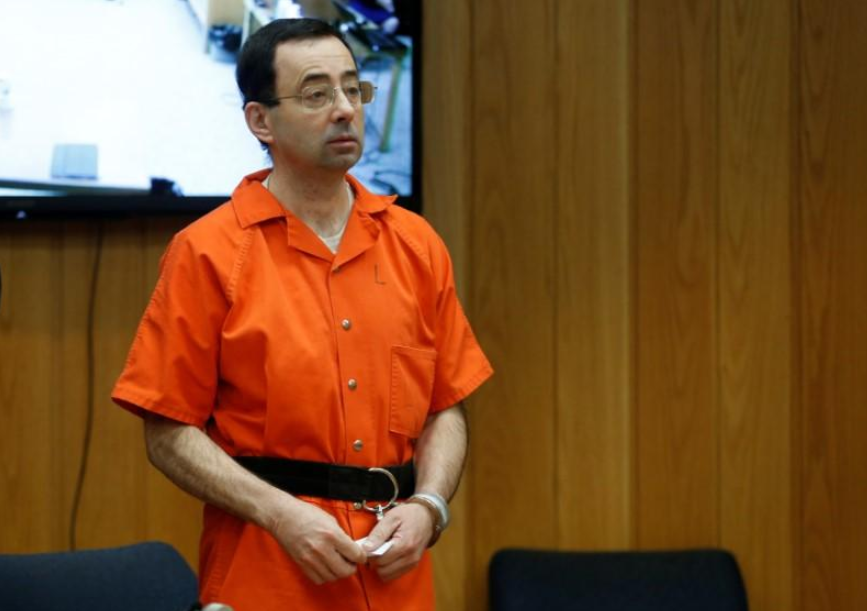
A medical doctor is an exalted caregiver and it is his or her duty is to save human lives and make sure people stay healthy. But some medical professionals abuse their status and take advantage of their patients. Doctors who engage in sexual misconduct can be anywhere. And now more than ever, medical organizations and institutions need to strengthen security controls on work-related behavior and ethics.
According to a recent report from the L.A. Times, gynecologist George Tyndall has been working for the University of Southern California (USC) for over 30 years. The long list of sexual misconduct complaints filed against him date back to the early 1990’s.
As the complaints against Tyndall continued to roll in, he was still able to keep practicing. It wasn’t until 2016 when a colleague reported him to USC’s Rape and Crisis center that he was suspended. Some of his victims have suggested that Tyndall purposefully targeted Asian students due to their lack of knowledge on US medical procedures and poor English language skills.
Tyndall resigned last year and received a substantial payout from USC administrators, the L.A Times reported.

Photos: Reuters
To obtain a medical license, one must go through a series of complex assessments and procedures to determine if they possess the necessary work ethic and morals required to handle the extensive physical contact that is performed on patients.
It is ridiculous that a doctor at a world-renowned university like USC could sexually abuse patients for over three decades. It is shocking that USC allowed Tyndall to keep treating patients even after multiple complains had been filed against him.
It is obvious that USC went to great lengths to maintain its solid reputation with the public in keeping the incidents private. But in doing so, USC failed to keep its promise that it would always keep their female students safe.
According to a report from USA Today, hundreds of students recently spoke out against Tyndall and USC school officials, after a lawsuit filed by four women claimed USC knew about Tyndall’s alleged behavior and chose to remain silent.
Over 200 hundred professors called for the resignation of USC President C.L Max Nikias, the L.A. Times reported.
The Tyndall case soon escalated as more people started speaking out about their experiences with the gynecologist. A former USC student wrote a story for the L.A Times detailing an encounter she had with Tyndall almost 16 years ago and said her pelvic exam was “anything but normal.”
The student described how Tyndall continuously put his finger in the student’s vagina and commented to the student “your hymen is still intact,” after he confirmed her virginity.
The revelations that have emerged detailing Tyndall’s behavior are disgusting. Some students reported that Tyndall had asked them to “strip naked” for the their gynecological examinations, groped their breasts, and he even “took photos of hundreds of patients’ genitals.”
With the Tyndall case, USC has an inescapable responsibility. For patients, a doctor is an authority figure based on the knowledge they have of their chosen practice. But when a doctor abuses their authority, punishment is handed down from an even higher authority rather than the victims. In this case, the higher authority is USC.
In remaining quiet and by doing nothing about the abuse, USC basically served as Tyndall’s accomplice. USC did not take the responsibility of supervising its employee when the first complaint was filed.
The response time of any institution needs to be rapid so authorities can proactively find a solution. This is the only suitable reaction. Covering up incidents of sexual misconduct is never the right choice. When such incidents are kept from the public, it provides room for the behavior to continue. Once the incidents begin to escalate and grow, the problem can become so big that victims or witnesses feel helpless to do anything about it.
Earlier this year, Larry Nassar, the former USA Gymnastics national team doctor and osteopathic physician at Michigan State University, was sentenced upwards to 175 years in prison for molesting at least 250 young women, including one Olympic gymnast, according to CNN.

FILE PHOTO: Larry Nassar, a former team USA Gymnastics doctor who pleaded guilty in November 2017 to sexual assault charges, stands in court during his sentencing hearing in the Eaton County Court in Charlotte, Michigan, US, February 5, 2018.
The fact that these horrible events happened at premier institutions does not only challenge school authorities, but also damages reputations. The victims never recover and are traumatized for the rest of their lives.
To safeguard against sexual misconduct employee controls must be tightened. Detailed background checks on potential candidates should be carried out, and employers should always respond as quickly as possible when complaints are filed. Thorough department inspections need to happen routinely as it is never entirely clear which employees are good and which ones are evil.
One of the most important things to remember is that paper cannot hold fire. Incidents that have already happened should not remain hidden, and swift action is always best way to reach a solution.


